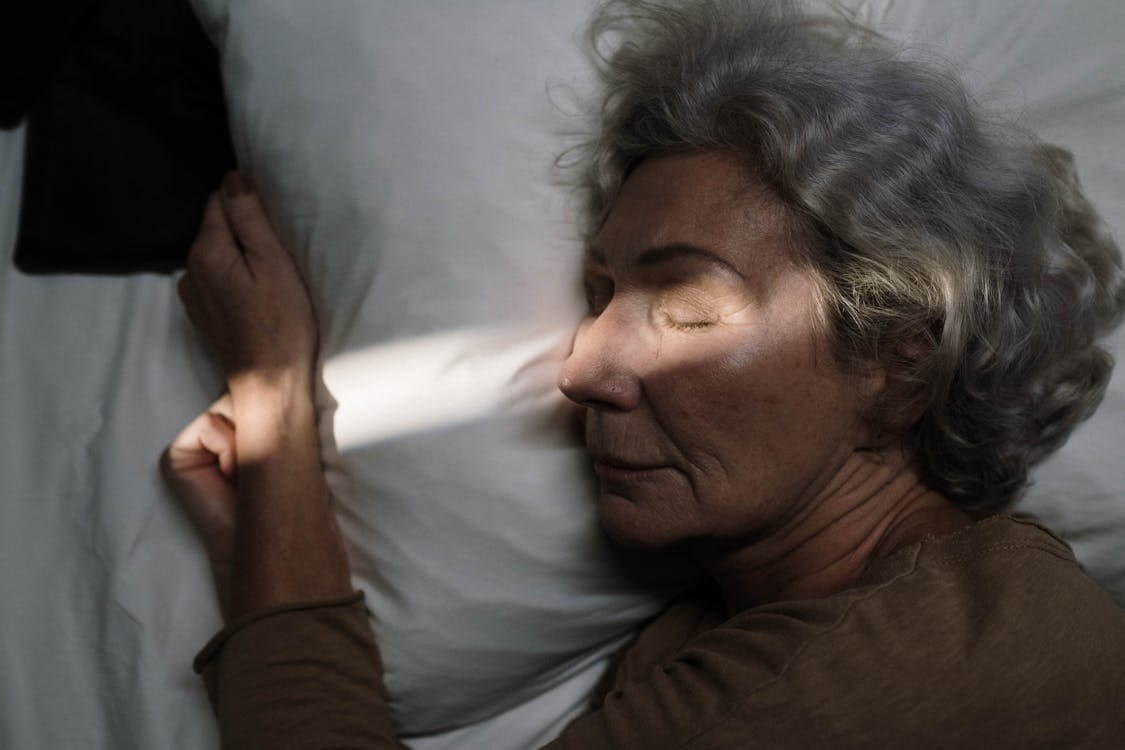Sleep Better, Live Better: Practical Sleep Tips for Older Adults
Getting a good night’s sleep can become more challenging as we age, but it’s also more critical than ever. Quality sleep supports memory, mood, immune function, and overall well-being. If you’re an older adult—or caring for one—these practical tips can help improve sleep hygiene and promote restful nights.
Why Sleep Gets Tougher with Age
Older adults often experience changes in sleep patterns due to:
- Chronic pain: Conditions like arthritis can make falling or staying asleep harder.
- Frequent nighttime urination: Age-related changes in the urinary system can lead to multiple awakenings.
- Sleep disorders: Issues like insomnia or sleep apnea become more common with age.
- Daytime napping: Excessive or late-day naps can disrupt nighttime sleep.
- Mental health concerns: Stress, anxiety, and depression can interfere with sleep quality.
ESS Support Services offers a diverse range of high-quality services and accredited programs designed to support the independence, social well-being, and health of the seniors and older adults who use our services, along with much-needed respite and support for families and caregivers. Discover more
6 Proven Tips for Better Sleep
1. Stick to a Consistent Sleep Schedule
Going to bed and waking up at the same time each day—even on weekends—helps regulate your body’s internal clock, making it easier to fall asleep and wake up refreshed.
2. Create a Relaxing Bedtime Routine
Engage in calming activities before bed, such as reading, listening to soft music, or taking a warm bath. These rituals signal to your body that it’s time to wind down.
3. Optimize Your Sleep Environment
Ensure your bedroom is cool, dark, and quiet. Use blackout curtains, earplugs, or a white noise machine to minimize disruptions.
4. Limit Exposure to Screens Before Bed
The blue light emitted by phones, tablets, and TVs can interfere with melatonin production, making it harder to fall asleep. Aim to turn off electronic devices at least an hour before bedtime.
5. Be Mindful of Diet and Substances
Avoid heavy meals, caffeine, and alcohol close to bedtime. These can disrupt sleep patterns and reduce sleep quality.
6. Stay Active During the Day
Regular physical activity can help you fall asleep faster and enjoy deeper sleep. Aim for at least 30 minutes of moderate exercise most days, but avoid vigorous activity close to bedtime.
When to Seek Professional Help
If sleep problems persist despite following these tips, consult a healthcare provider. They can help identify underlying issues and recommend appropriate treatments or therapies.
Prioritizing sleep is a vital component of healthy aging. By adopting these strategies, older adults can enhance their sleep quality, improving overall health and well-being.
References:
https://carehop.ca/blog/sleep-tips-for-older-adults/
Author
Shiroman is a dedicated Marketing and Communications Specialist at ESS Support Services. He is driven by a passion for the non-profit sector and enhancing the well-being of seniors. With a strong commitment to community service, he uses his expertise to make meaningful contributions that support aging with dignity and joy. Through his work, Shiroman shares valuable insights, resources, and research to empower seniors and those who care for them. Outside his professional endeavors, he enjoys diving into self-help books, weightlifting, and discovering the city’s hidden gems.
